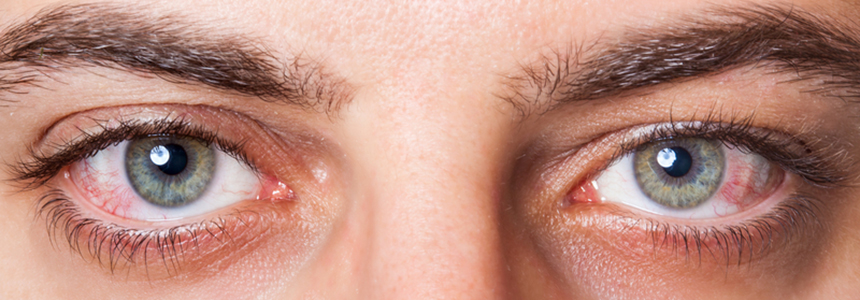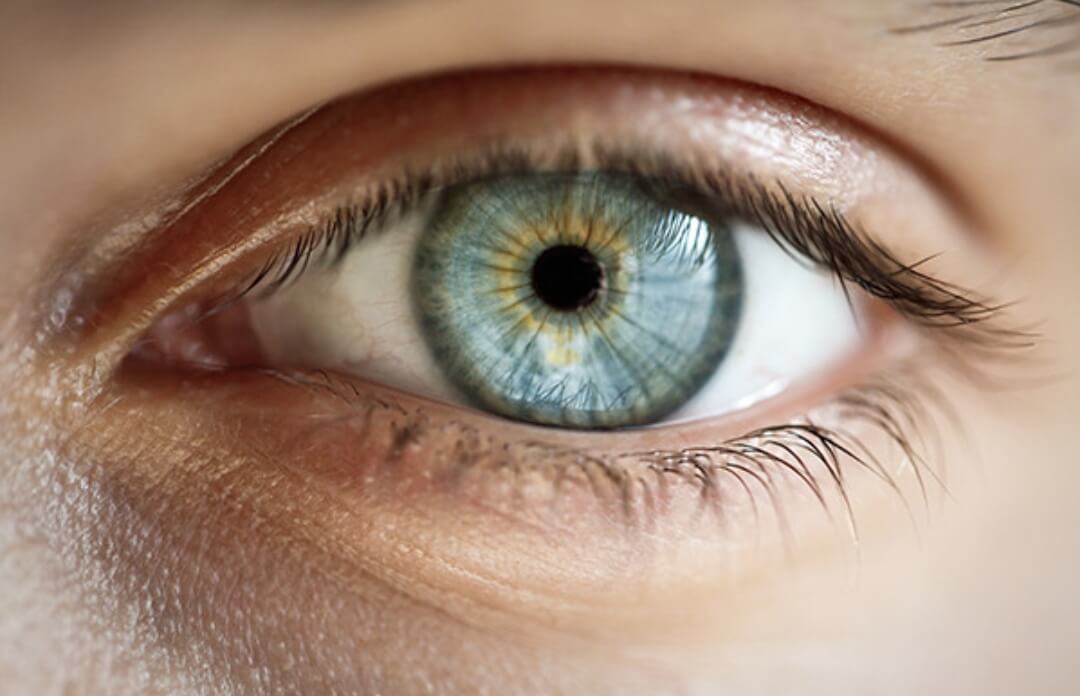
Fungal keratitis eye infection blinds over half a million in one eye
Researchers from Manchester, London, and Nairobi find that between 1 and 1.4 million fungal eye infections occur every year in the developing world, leaving over 600,000 people blind in one eye. Transparent corneal infection of the eye can be devastating, particularly if it is caused by fungal keratitis, the team says. From an eye injury or contact lens use, fungal keratitis may develop rapidly. When it is not treated, it can cause blindness. Treatment cannot restore vision in some situations. In these cases, there may be permanent vision damage or blindness. There are several different fungi, such as Fusarium, Aspergillus, or Candida, that may infect the cornea.
The outcomes of cases of fungal keratitis, typically diagnosed too late to save vision, are poor: 60 percent of patients will go blind in the infected eye and 10 percent will need to have the eye removed surgically. Early diagnosis, on the other hand, typically saves both vision and the eye, although a high degree of skill, antifungal therapy, and sometimes surgery is required. In several African countries, as well as in Nepal, Pakistan, and India, the researchers reported high rates of fungal keratitis. In Europe, lower rates have been found.
“Fungal keratitis is so neglected among neglected tropical diseases, even the WHO and G-Finder don’t list it. Poor agricultural workers are most affected, yet high-quality care can takes days to access in most high incidence areas” – Professor David Denning, The University of Manchester and Chief Executive of the Global Action Fund for Fungal Infections (GAFFI)
If they come into contact with the fungus, people who have a poor immune response can also get fungal keratitis. There is also a possibility of fungal keratitis with contact lens use being established. If you wear contacts, proper use and maintenance of contact lenses can lower your risk of getting a fungal infection. Ask your ophthalmologist about proper care for contact lenses. Fungal keratitis symptoms can include: decreased vision
In the eye, pain (often sudden), Increased sensitivity to light, Tearing Through, Excessive discharge or tearing from your eye. Should you encounter any of these signs, call your ophthalmologist right away. This is highly common if these symptoms arise unexpectedly. To avoid future blindness, you must start treatment right away.





